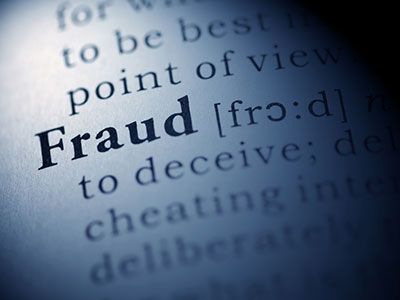On March 4, 2016, the Second Circuit affirmed the dismissal of two related securities actions against Sanofi Pharmaceuticals, its predecessor Genzyme Corporation, and three company executives (collectively, “Sanofi”). In doing so, the Second Circuit offered its first substantial interpretation of the Supreme Court’s March 2015 decision in Omnicare, Inc. v. Laborers District Council Construction Industry Pension Fund, 135 S. Ct. 1318 (2015), which addresses how plaintiffs can allege securities claims based on statements of opinion.
Second Circuit Applies Omnicare to Affirm Dismissal of Securities Fraud Actions






